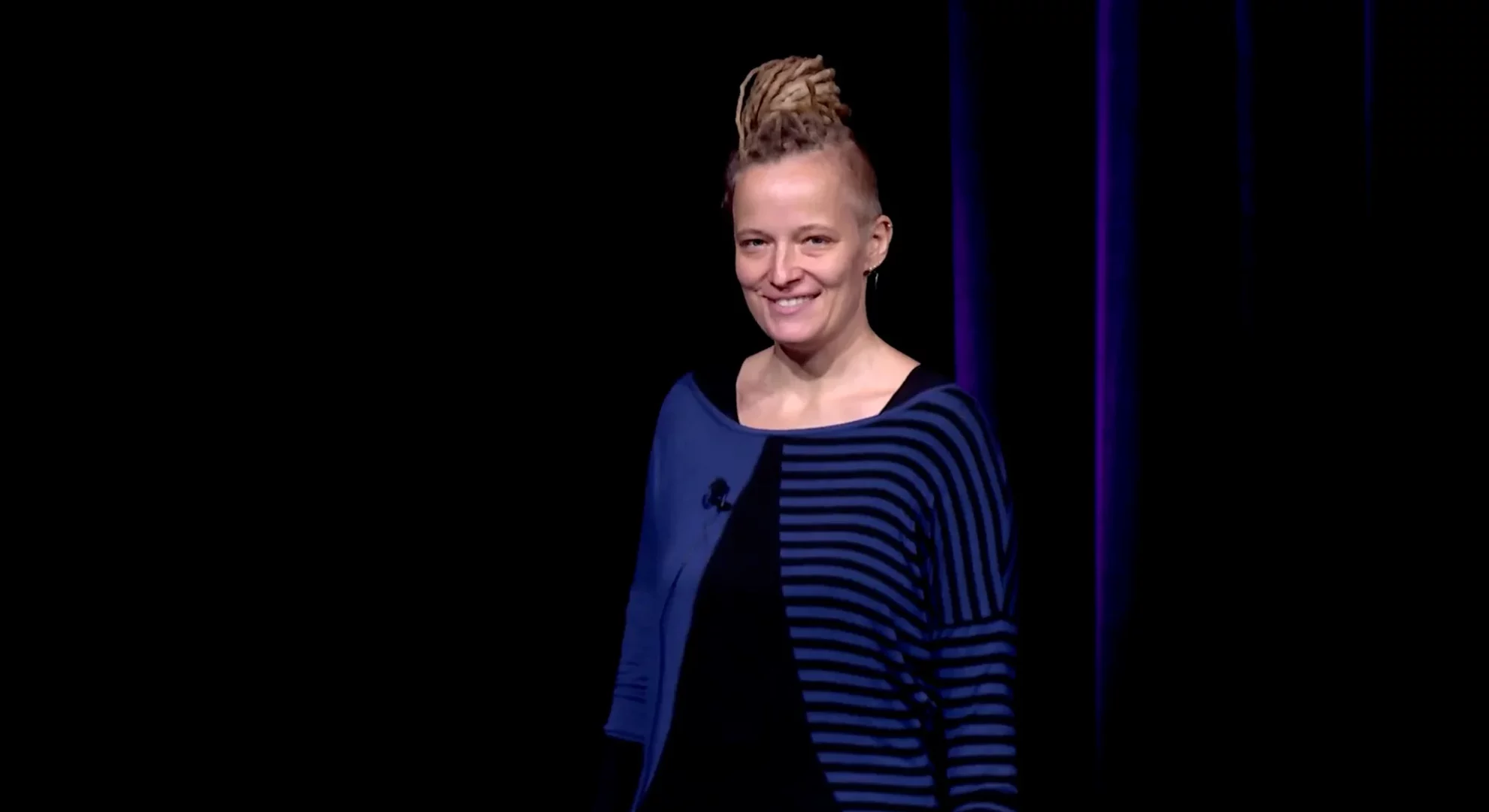
Breaking Patterns and Finding Meaning: A Study on Low-Dose LSD
Psycholytic therapy is a type of psychotherapy that employs low doses of psychedelics to aid in emotional processing and insight-oriented therapy. In a randomized, double-blind, placebo-controlled, crossover study, 24 healthy volunteers were given either 50 µg of LSD or an inactive placebo in order to assess the effects of psycholytic doses of a psychedelic. The results demonstrated that LSD induced mild mystical experiences, increased aberrant salience and suggestibility, and affected a free association test for abstract words reflecting an "abstract flow." Additionally, LSD altered several creativity measurements, which point to two phenomena that are relevant to psycholytic therapy: "pattern break" and "meaning." The former was reflected by increased novelty, surprise, originality, and semantic distances, while the latter was reflected by increased symbolic thinking and ambiguity. Furthermore, LSD changed vocabulary related to grammar, persons, time, space, and biological processes, possibly reflecting subjective perceptions. These results suggest that LSD induces a more abstract, subjective, and mystical state that could be useful for therapeutic purposes within a psycholytic framework. Further research within a psycholytic paradigm is needed, however, to study the safety and efficacy of different psychedelic drugs, dosages, and administration techniques, as well as other aspects that may influence therapy outcomes.
Share: Breaking Patterns and Finding Meaning: A Study on Low-Dose LSD
Facebook
Twitter
LinkedIn
Email




